Marriage Registration in India – Quick, Easy Steps to Get Your Certificate
Getting married is exciting, but if you skip the registration, you could face legal hassles later. A marriage certificate is proof that the state recognizes your union. It helps with inheritance, insurance, passport changes, and even child custody. Let’s walk through what you need and how to finish the process without stress.
Why Register Your Marriage?
Without a certificate, you may not be able to claim spousal benefits or file joint taxes. Banks and employers often ask for the document before updating records. A registered marriage also protects you if the relationship ends—court‑ordered alimony and property division become clearer. In short, registration turns a personal promise into a legal right.
Step‑by‑Step Process
1. Choose the correct office. You can register at the Sub‑Registrar’s office where either partner lives, or where the marriage took place. If you live in a different state from where the ceremony happened, you still can register at the local office, but you’ll need a “no objection” certificate from the other state.
2. Collect the documents. The basic list includes:
- Proof of age (birth certificate, school mark sheet, or passport) for both parties.
- Proof of residence (Aadhaar, utility bill, or rental agreement) for both parties.
- Passport‑size photos (usually two per person).
- Notice of Intended Marriage (Form 12) signed by two witnesses.
- If previously married, divorce decree or death certificate of the former spouse.
All documents must be attested and, if not in English, accompanied by a certified translation.
3. Fill out the application. The form is called “Marriage Registration Form” (Form 10). You can get it at the office or download it from the state’s e‑portal. Fill it online if the portal is available – it speeds up verification.
4. Submit the form and pay the fee. Fees vary by state, ranging from ₹200 to ₹1000. Some states offer a discount for online payments. Keep the receipt; you’ll need it to collect the certificate.
5. Attend the verification meeting. An officer will check the documents and may ask a few questions to confirm that the marriage is not a forced one. Both partners must be present, along with two witnesses who signed the notice.
6. Receive the certificate. After verification, the officer registers the marriage and issues the certificate. In many states, you can download a soft copy immediately and get the hard copy in 7‑10 days.
That’s the whole process – no hidden steps.
Tips to avoid common mistakes:
- Double‑check the spellings of names and dates before signing.
- Make sure the photos are recent and clear.
- Carry original documents and copies; the office may ask for both.
- If you’re a non‑resident Indian, bring your passport and visa details.
- Use the state’s online portal when available – it reduces waiting time.
Registering your marriage doesn’t have to be a headache. Follow the checklist, show up with the right papers, and you’ll have a legally recognized marriage certificate in no time.
Need to update your name after registration? Use the same certificate at the passport office, bank, and any other institution. The certificate is your passport to all other legal changes.
Remember, a registered marriage protects both partners. Take a few minutes now, gather the documents, and schedule a visit to the Sub‑Registrar. You’ll thank yourself later when everything runs smoothly.
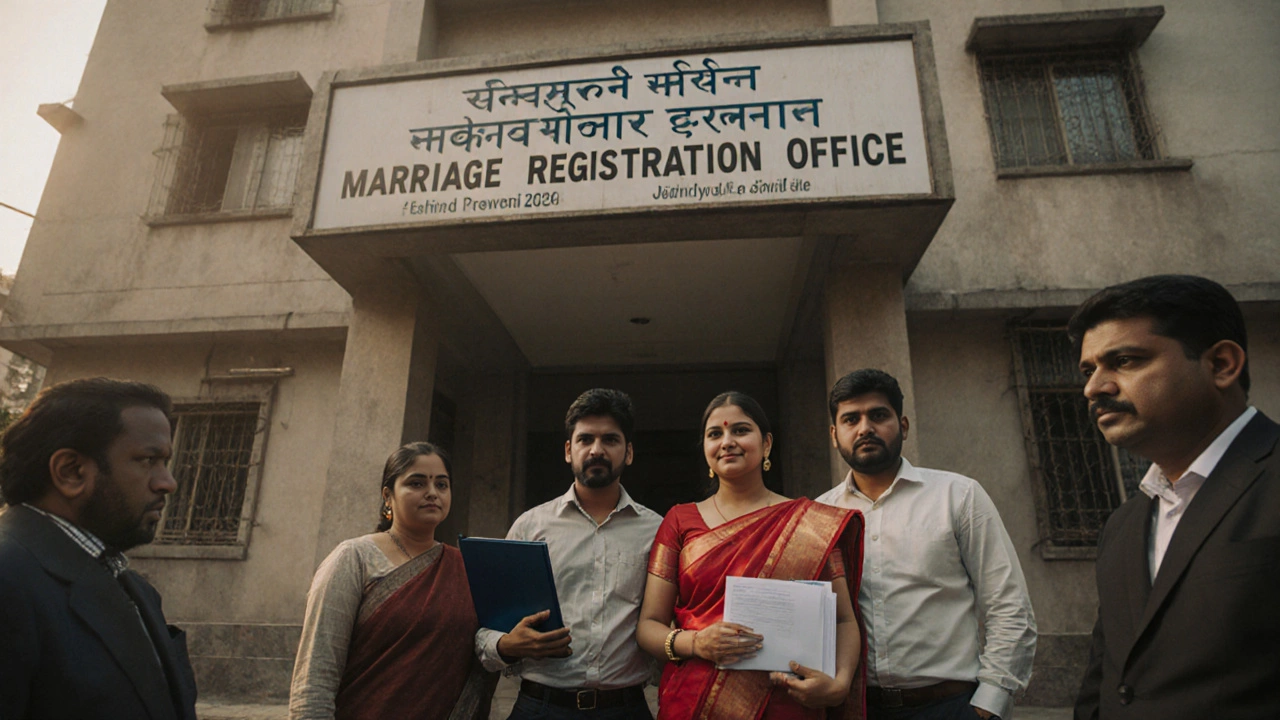
How to Register a Marriage in India: Step-by-Step Guide for 2025
Learn how to legally register your marriage in India in 2025 under the Special Marriage Act or Hindu Marriage Act. Step-by-step guide with required documents, fees, and common mistakes to avoid.
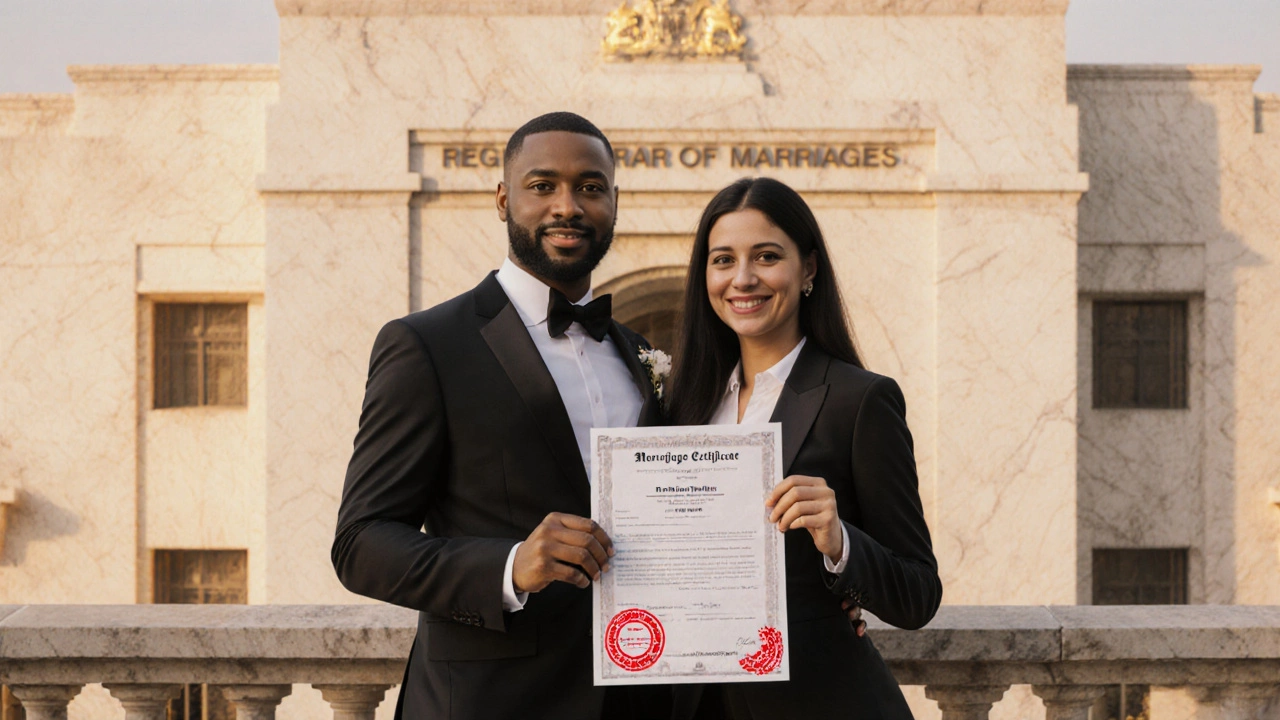
Can a Foreign Marriage Certificate Be Valid in India?
Learn how to make a foreign marriage certificate legally valid in India, the authentication steps, required documents, timelines, fees, and common pitfalls.
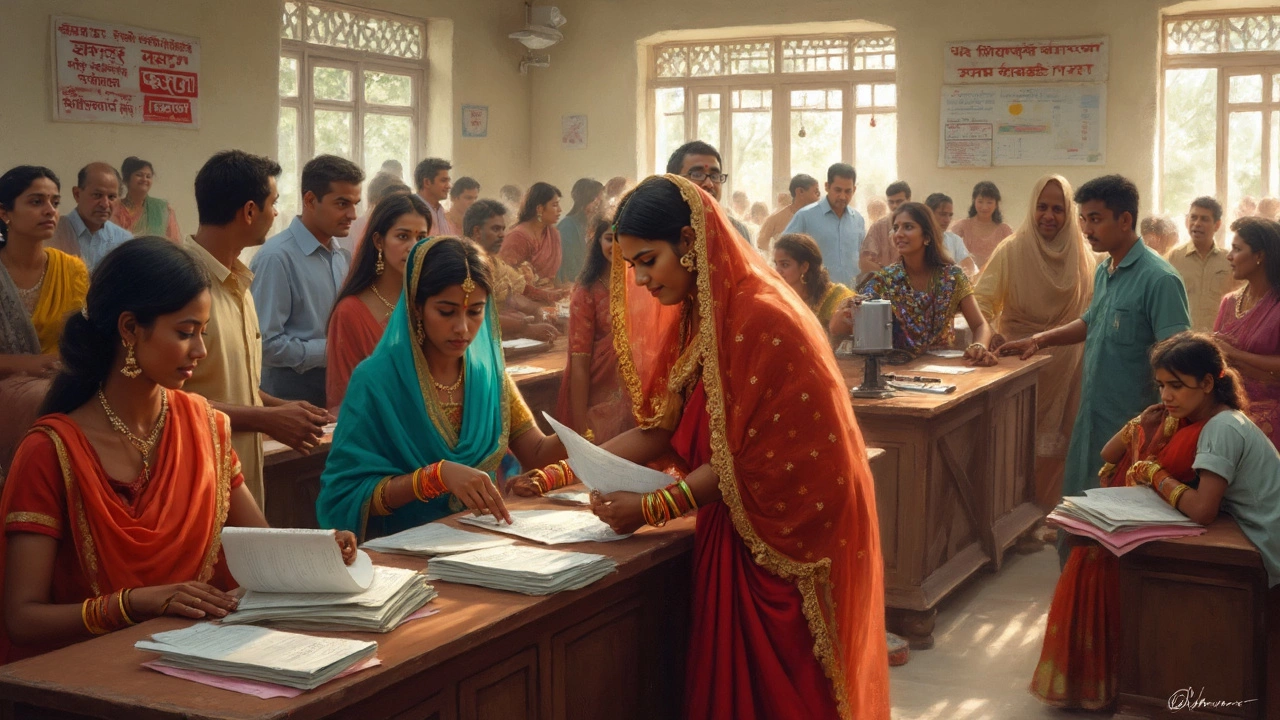
Marriage Registration in India: Do You Really Need to Register Every Marriage?
Ever wondered if every marriage in India needs to be registered? This article breaks down the legal requirements, busts common myths, and shows exactly what happens if you skip registration. You’ll also get no-nonsense tips on navigating paperwork, choosing the right law, and avoiding trouble later. Whether it’s a traditional wedding or a court ceremony, this guide makes sense of the rules. Stay ahead—don't miss tricky pitfalls or hidden details.
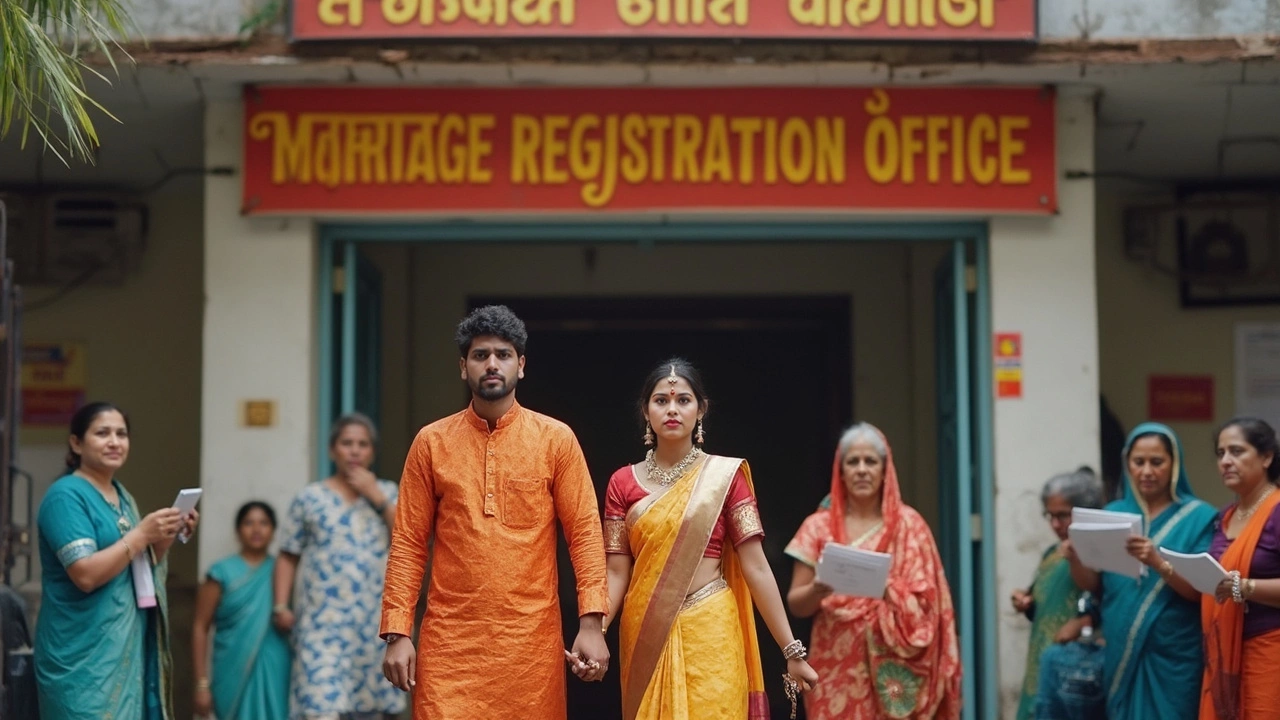
Is Marriage Registration Mandatory in India? Everything Couples Need to Know
Wondering if you have to register your marriage in India? This article explains whether marriage registration is actually mandatory, lays out what the law says, and shares surprising stories about couples who ignored it. You'll find out the risks of skipping registration, what the government has changed lately, and get practical tips for a smooth process. No legal jargon—just straight answers to the most common questions. By the end, you'll know exactly what matters for your own situation.
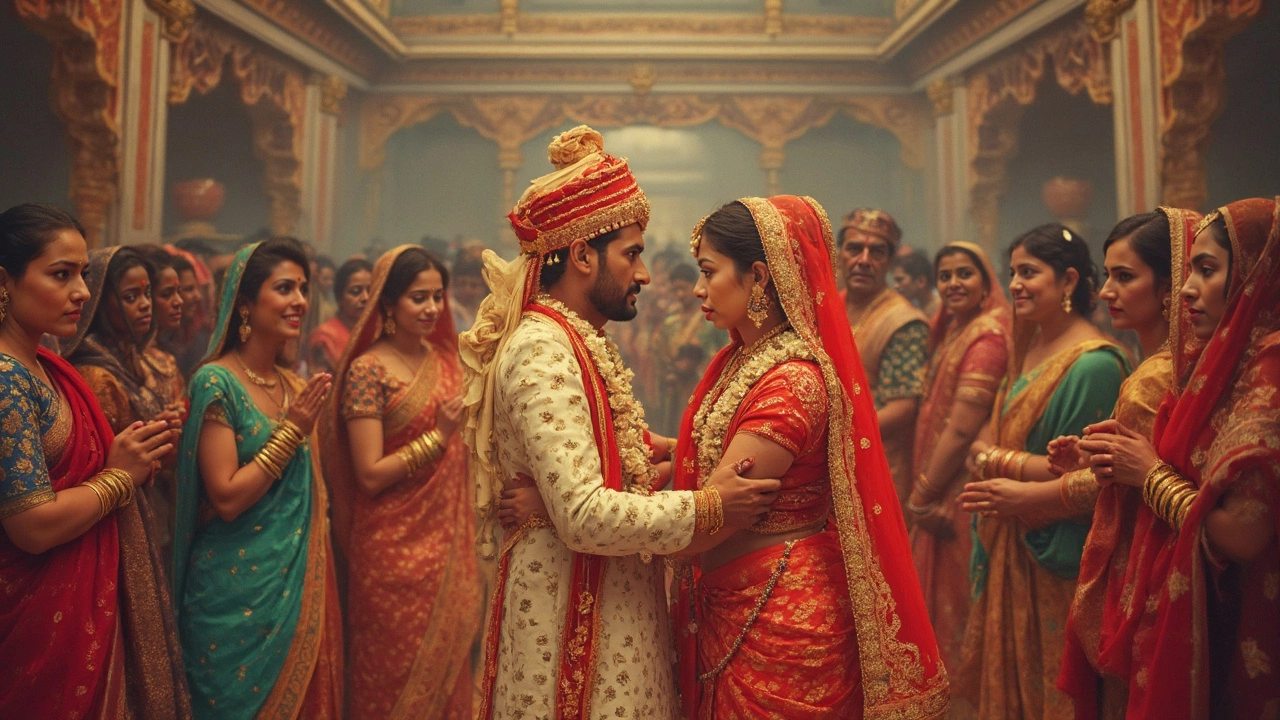
What Makes Marriage Invalid in India?
Marriage in India has cultural and legal layers that make it fascinating. Yet, not all marriages are recognized as valid under Indian law. Understanding what can make a marriage invalid is crucial. From legal age restrictions to mental capacity, the grounds for invalidity are specific and regulated by distinct laws. This article delves into these aspects, outlining key factors that determine the validity of a marriage in India.
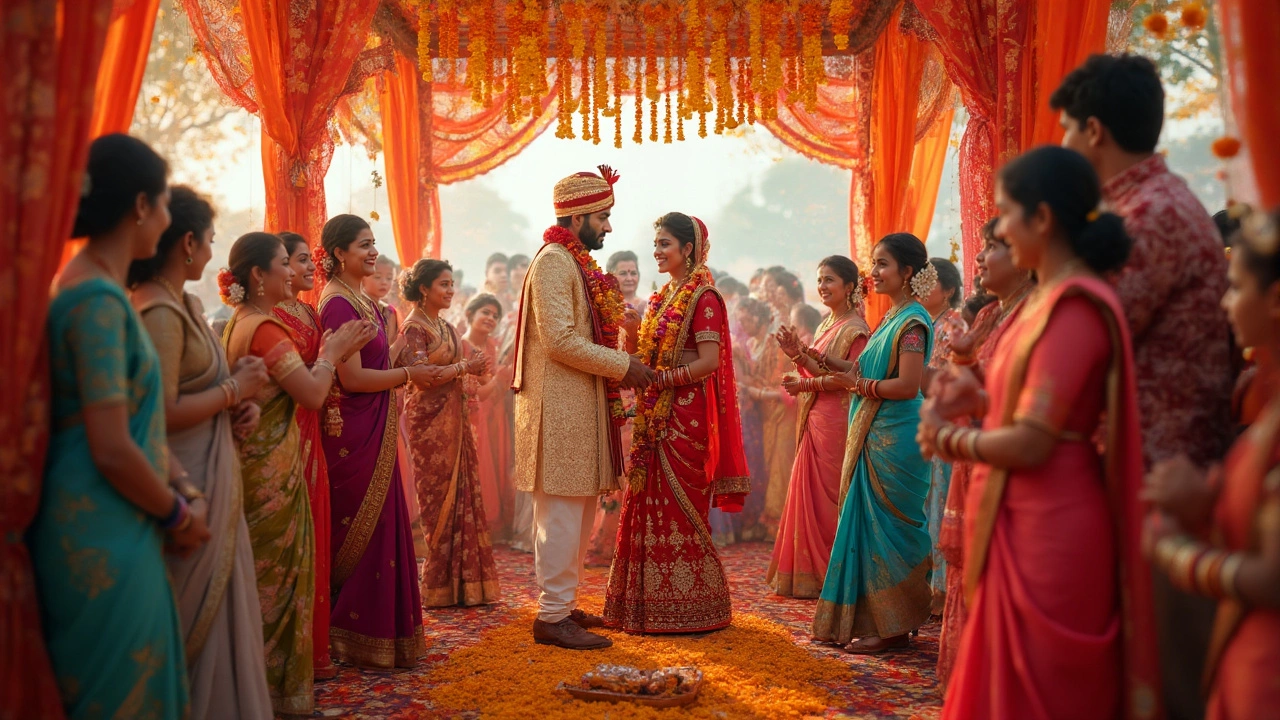
Can You Live in India if You Marry an Indian?
Thinking of tying the knot with someone from India? It's not just love you'll need to consider but also the legal bits and bobs about living in this vibrant country. From understanding the marriage registration process to how it can impact your residency, learning about these essential details can make your transition smoother. Whether you're curious about marriage visas or day-to-day living as part of an Indian family, this guide has you covered.

What if an Indian Marries a U.S. Citizen?
Marrying someone from another country can be quite a mix of excitement and complex processes. When an Indian marries a U.S. citizen, there's a blend of cultural differences, legal procedures, and lifestyle changes to navigate. The couple must follow specific legal steps in both countries to ensure their marriage is recognized. From obtaining the right visas to handling cultural expectations, there's a lot on the menu. This article breaks down what needs to be done and how to do it smoothly.

Living with Your Girlfriend in India: What You Need to Know
Living with your girlfriend in India has become increasingly common, but it's essential to understand both the legal and cultural nuances. This article explores the legal standing of live-in relationships, factors influencing cultural acceptance, and the implications for property and marriage registration. It also provides practical tips for couples considering cohabitation. Understanding these aspects can help avoid legal pitfalls and ensure a harmonious experience.
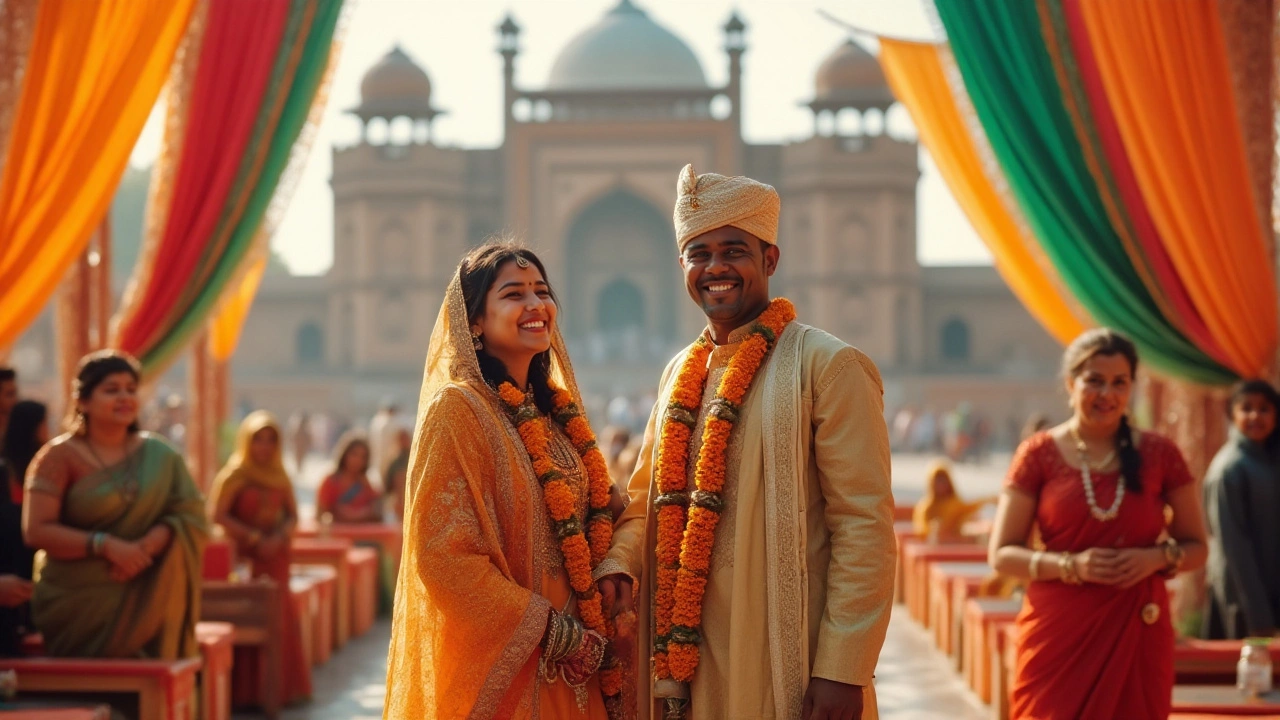
How Tourists Can Legally Marry in India: A 2025 Guide
Exploring the possibility of a tourist getting married in India involves understanding the legal framework, the documentation required, and the cultural nuances involved in the process. India presents a unique blend of tradition and modernity in weddings, attracting many international couples. The process has been simplified but still requires attention to detail for a seamless experience. This guide uncovers the essential steps and tips for tourists who wish to tie the knot on Indian soil.
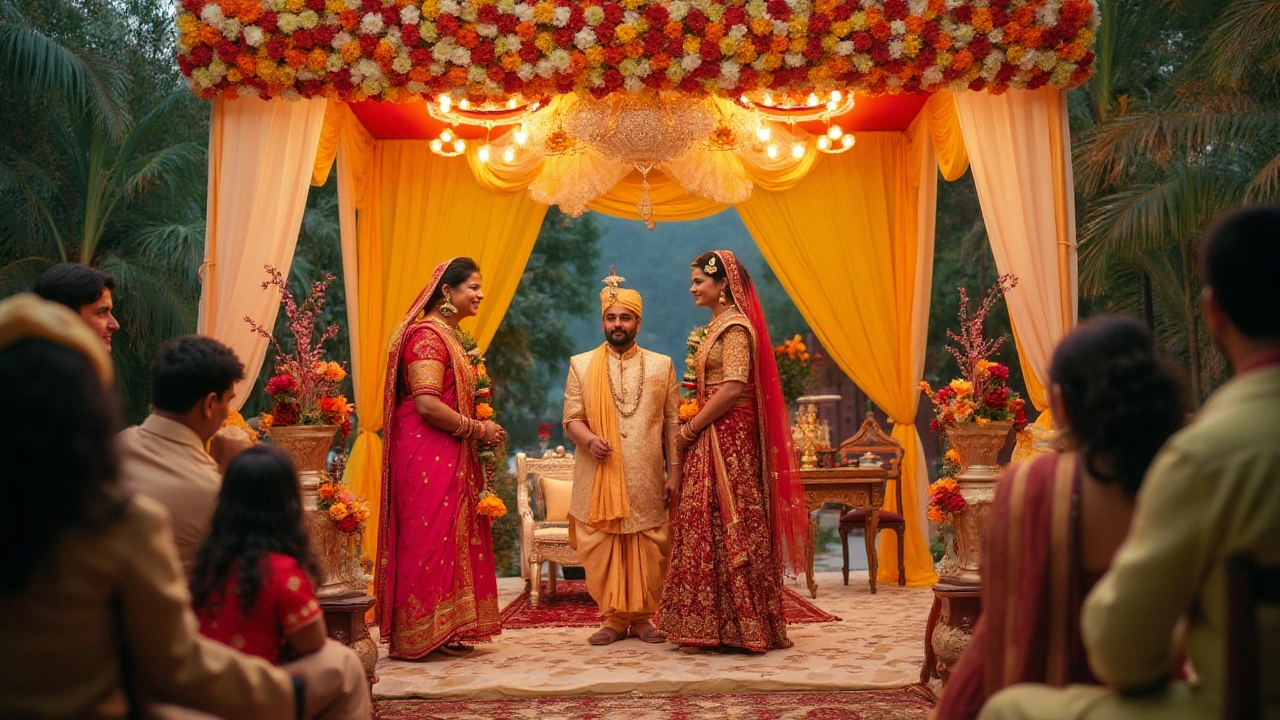
How US Citizens Can Successfully Get Married in India
Exploring the possibility of US citizens getting married in India involves understanding a blend of romantic and legal aspects. This guide delves into the steps required for marriage registration in India, including necessary legal documentation and cultural considerations. With the country's rich traditions and vibrant ceremonies, India offers a unique setting for tying the knot. From understanding the Special Marriage Act to tips on cultural sensitivity, this article provides valuable insights for those planning an international marriage.